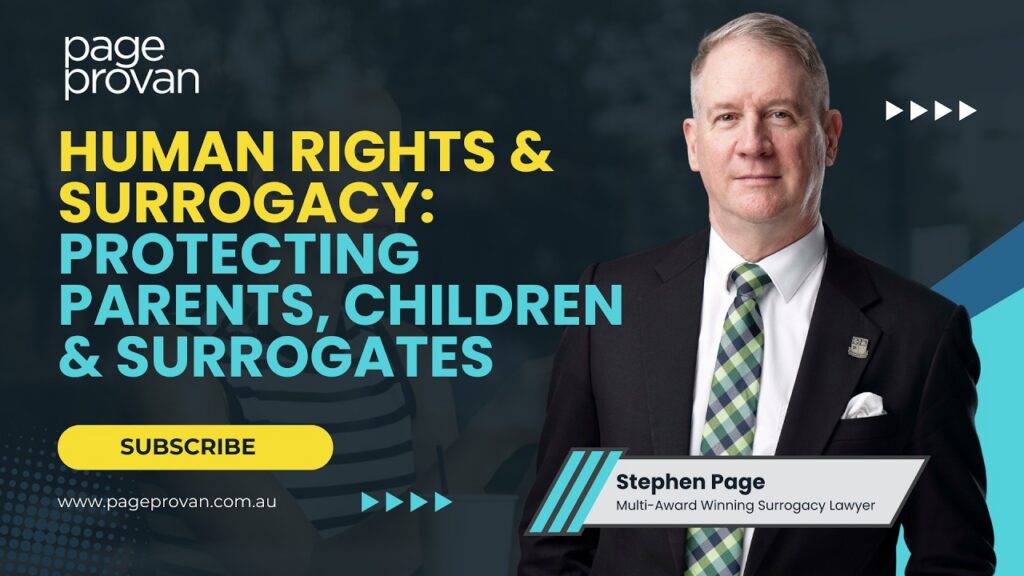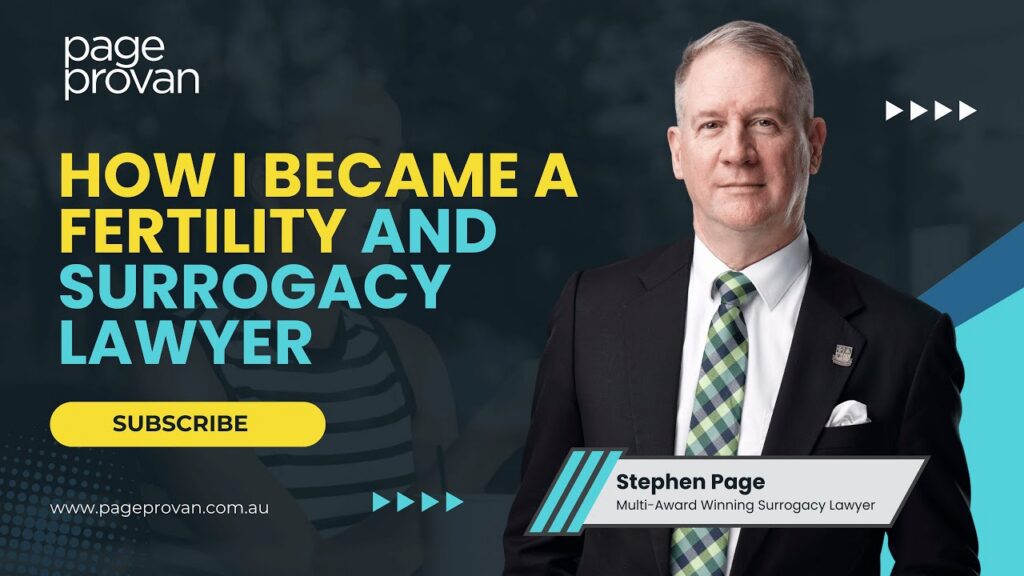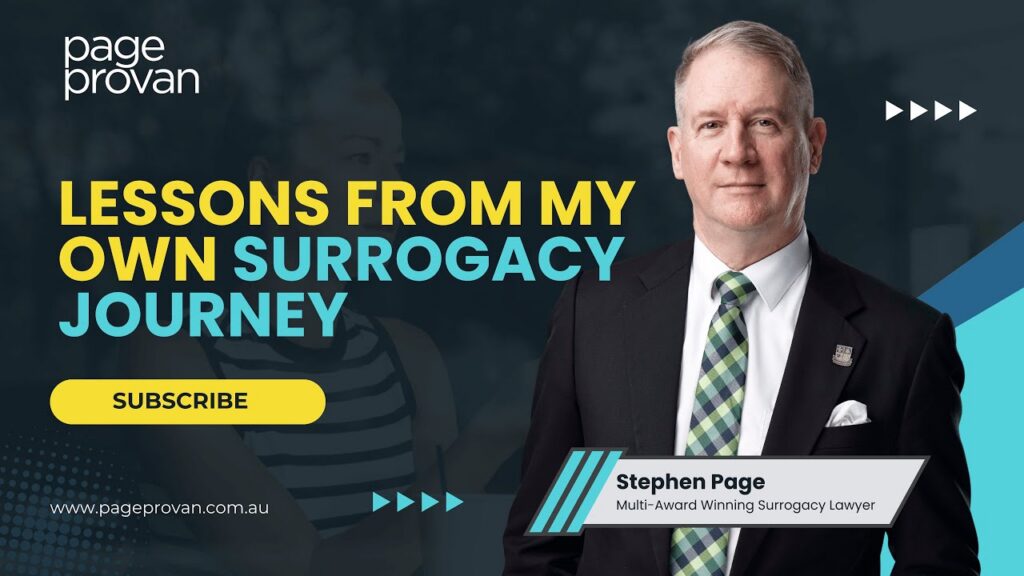Family Court case: Summary of Federal Proceedings (Costs) Act
In appeals in Federal matters, such as under the Family Law Act, it is possible to obtain certificates from the court which enable lawyers to be paid up to $4000 from the Federal Government. These certificates are issued when the appeal is upheld when the lower court made an error of law.
In Garde and Raddison the Full Court of the Family Court summarised the law as to these certificates:
The pre-conditions for the grant of a costs certificate under the Costs Act
in sections 6 and 9 have been the subject of several decisions of the Full
Court, the most significant of which is B & B
(Costs Certificates) (2007), where the Full Court comprising Finn, May and
Boland JJ adopted the principles set out by Kirby J in Cramer & Davies (1997)
72 ALJR 146.
The three pre-conditions for the grant of a costs
certificate under section 6 and section 9 of the Costs Act are:
- The existence of a “federal appeal”;
- The necessity to establish an appeal has succeeded on a question of law;
- The requirement that the court concerned should have heard the
appeal.In relation to the third pre-condition, a broad interpretation of the
term “heard the appeal” should be adopted; meaning that a hearing means no more
than having the matter listed before a court so that it may dispose of the
appeal in a public and formal way (Cramer & Davies (1997)
72 ALJR 146 at [18] and B & B (Costs Certificates) (2007) FLC 93-339 at
81,823.
The appeal was listed before us, and as well as handing up a minute
of the orders that the parties sought the court make by consent, oral
submissions in support of the orders proposed were made. We are thus satisfied
that the third pre-condition, namely that the court should have heard the
appeal, has been satisfied. It is also clear that the appeal is a federal appeal
and thus the first pre-condition is also met.
The second pre-condition, that
the appeal would have succeeded on a question of law, requires a consideration
of the nature of the appeal and the material before the court to determine
whether, had the matter proceeded and been argued and heard, an error of law
would have clearly been demonstrated.












